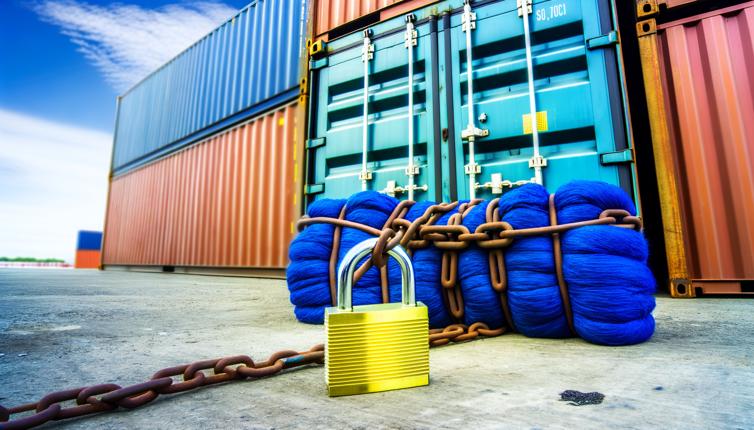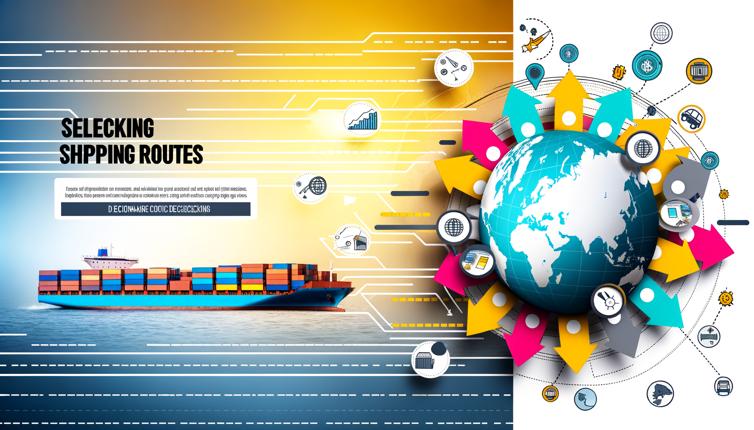Why Container Security is Important
Containers are used to transport a wide range of goods, including valuable or sensitive items such as electronics, pharmaceuticals, and perishable goods.,Container security plays a vital role in preventing theft and damage to these goods during transit.,Unauthorized access to containers can lead to financial losses, delays in deliveries, and compromised product quality.,By implementing effective container security measures, you can minimize the risks associated with transportation and ensure the safe arrival of your goods.
Measures for Container Security
Proper seal and lock: Use high-quality seals and locks to secure the containers and prevent unauthorized access. Regularly inspect and replace damaged seals or locks.,Surveillance systems: Install surveillance cameras and monitoring systems in shipping yards and during transit to deter theft and provide evidence in case of any incident.,Tracking devices: Utilize GPS tracking devices to monitor the location and movement of your containers. This allows you to track the progress of your goods and quickly identify any deviations.,Container integrity checks: Conduct regular inspections to ensure the structural integrity of the containers. This includes checking for signs of tampering, damages, or leaks that may compromise the safety of the goods.,Secure storage facilities: Choose storage facilities that have proper security measures in place, such as gated access, security personnel, and monitoring systems. This reduces the risk of theft or unauthorized access during storage periods.,Employee training: Train your staff on container security protocols, including recognizing signs of tampering, handling and inspecting seals and locks, and reporting any suspicious activities.,Risk assessment and management: Conduct thorough risk assessments to identify potential vulnerabilities and develop appropriate security measures to mitigate those risks.,Collaboration with authorities: Establish partnerships with relevant authorities and law enforcement agencies to enhance the security of your containers and improve incident response capabilities.
Ensuring Container Security Compliance
Compliance with international security standards, such as the International Maritime Organization (IMO) regulations, is essential for maintaining container security.,Stay updated with the latest security requirements and guidelines provided by regulatory bodies, and implement necessary measures to ensure compliance.,Regularly review and update your container security protocols to align with industry best practices and emerging threats.,Keep a record of security incidents and conduct internal audits to identify areas for improvement.,Collaborate with industry peers and share information and best practices to enhance container security collectively.
Conclusion
Container security is not just a legal or regulatory requirement; it is a necessity for protecting your goods and maintaining the trust of your customers. By implementing robust container security measures and staying vigilant, you can safeguard your goods during transit and minimize the risks associated with transportation.








